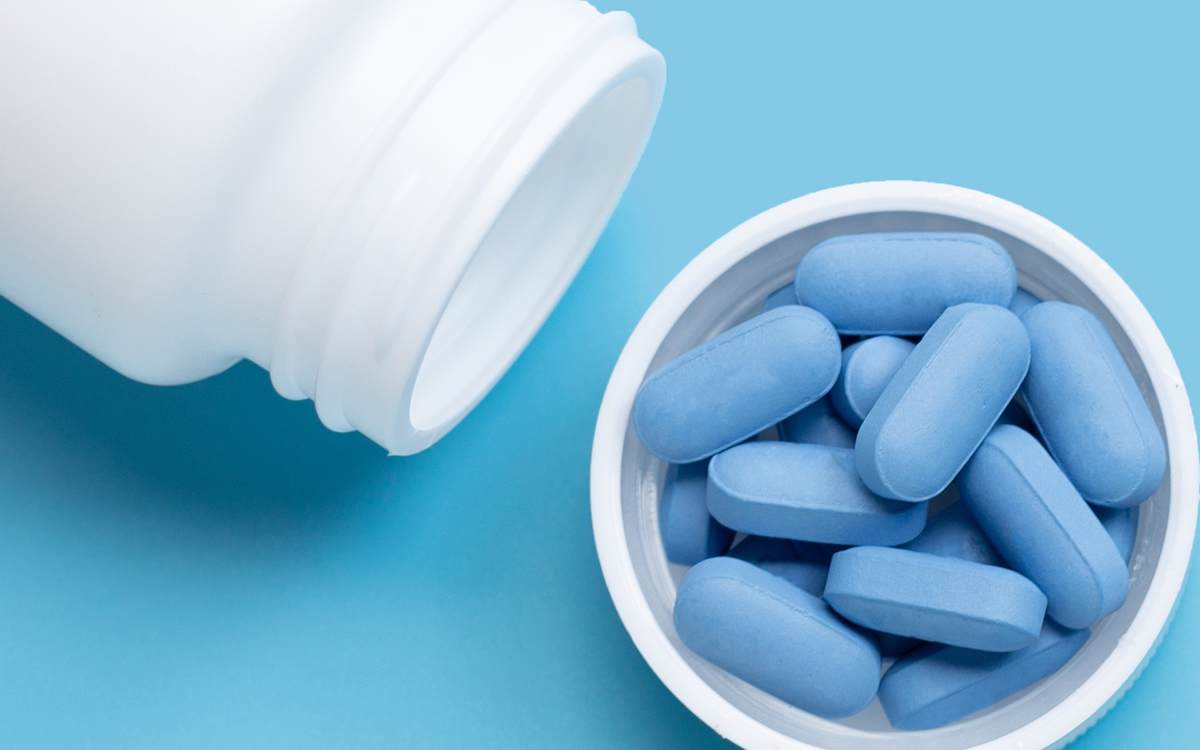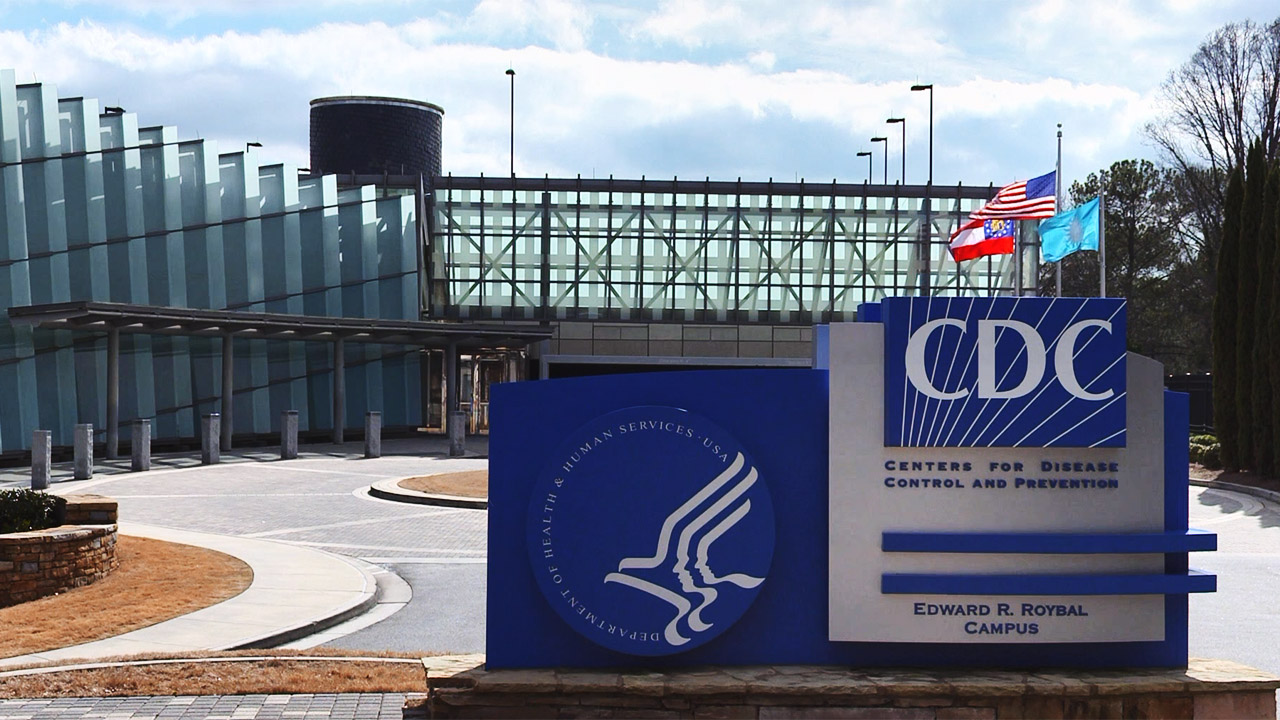Health
Feeling fresh with a ‘menema’
New natural product from Fleet targets gay men
Your buns. Your caboose. Your ass (AKA donkey).
“Keep them clean. Naturally.”
That’s the new advertising tag line for Fleet Naturals “cleansing enemas,” an ad campaign now running in this paper and other LGBT publications and in the blogosphere beginning last month in a major new initiative targeting gay men.
So, a picture of buns, of a train’s caboose, or of a donkey leads the display ads, which stress that non-drug Fleet Naturals, used for “elective rectal cleansing” — unlike stronger laxative enemas — can be safely used daily.
“Now you can feel clean and fresh,” whispers the ads seductively, in a purring style reminiscent of earlier ad campaigns targeting women seeking douches.
Almost inevitably, Fleet’s campaign for elective rectal cleansing has ushered a new word into our vocabulary, the product being dubbed “menemas.” And let the sniggering begin.
After all, the subject is an awkward one, in effect “the dirty truth,” that anal sex can be messy sex, and for a long time gay men — “bottoms,” to be blunt, in anal sex — have sought means to douche before sex, sometimes using a shower-head device, sometimes using a standard over-the-counter laxative enema, like those sold for years by the friendly folks at Fleet, a family-owned company based in Lynchburg, Va., marketing the regular saline laxatives as Fleet Enemas, and also Pedialax for kids and “Summer’s Eve” vaginal douche for women.
“Fleet did market research,” said company PR consultant Wes Combs, “and discovered that nearly 4 percent of the general population uses enemas for elective cleansing,” often in the form of so-called “colonics” or bowel-purging for health and wellness reasons, not as a laxative to soften stool mass in the colon to ease a bowel movement. Especially striking were the figures that in the last year, one in five gay men have elected to use an enema product.
Despite society’s obsession with butts — from low-rise jeans to J.Lo’s cantilevered booty to the ever-popular “best butt in D.C.” contests at the Apex nightclub — we remain unable to face the topic without engaging in euphemisms, hence the Fleet campaign talking about buns, cabooses and asses.
And market research shows convincingly that humor is the best way to soften resistance on the part of consumers to facing facts about sensitive areas such as this one.
Combs says that the purpose of the ads is “to have us chuckle a little” and then realize, well yes, this makes sense for me and my lifestyle. No need to back away from this topic after all. Flushing out the messiness is what it’s all about. And no need to use harsher chemicals, such as sodium phosphates found in regular laxative enema kits. And no need to use reusable enema products, which may be less sanitary since shower-based utensils, inserted into the rectum can later be found to harbor fecal bacteria.
Fleet Naturals have no active ingredients unlike the sodium phosphates of standard laxatives and are also drug-free, according to a company statement stressing also that the product is doctor-approved and clinically tested. Unlike the standard laxatives, the Naturals brand can be used daily without adverse effect.
For more information, visit fleetnaturals.com.
Health
MISTR announces it’s now prescribing DoxyPE

MISTR, the telemedicine provider that offers free online PrEP and long-term HIV care in all 50 states, D.C., and Puerto Rico, announced it is now prescribing Doxycycline Post-Exposure Prophylaxis (DoxyPEP), an antibiotic that reduces bacterial STIs, including gonorrhea, chlamydia, and syphilis. Patients can now use MISTR’s telehealth platform to receive DoxyPEP online for free, according to a release from the company.
With this launch, MISTR plans to offer patients access to post-exposure care, in addition to its existing preventive and long-term HIV treatment options, which include PrEP and antiretroviral therapy (ART). This comes at a time when the rate of STIs continue to rise. In 2022, more than 2.5 million cases of syphilis, gonorrhea, and chlamydia were reported in the U.S; of that population, gay and bisexual men are disproportionately affected, the company reported.
“Despite an ongoing STI epidemic affecting the LGBTQ+ community, there are few resources available for this underserved, vulnerable community to get the preventative medication they need,” said Tristan Schukraft, CEO and founder of MISTR. “I’m proud that MISTR is democratizing access to PrEP, HIV care, and now DoxyPEP.”
An NIH-funded study published by the New England Journal of Medicine in April 2023 found that doxycycline as post-exposure prophylaxis, now known as DoxyPEP, reduced syphilis by 87%, chlamydia by 88%, and gonorrhea by 55% in individuals taking HIV PrEP, and reduced syphilis by 77%, chlamydia by 74% and gonorrhea by 57% in people living with HIV.
MISTR is a telemedicine platform offering free online access to pre-exposure prophylaxis (PrEP) and long-term HIV care Visit mistr.com for more information.
Health
UNAIDS to commemorate Zero Discrimination Day’s 10th anniversary
UN agency urges global action to protect human rights

As the world marks the 10th anniversary of Zero Discrimination Day; UNAIDS is sounding the alarm on the increasing threats to human rights, calling for renewed efforts to protect the rights of all individuals as a fundamental step towards ensuring health for everyone.
Established by UNAIDS a decade ago, Zero Discrimination Day aims to promote equality and fairness regardless of gender, age, sexuality, ethnicity or HIV status. The progress achieved over the past years is now in jeopardy, however, due to rising attacks on the rights of women, LGBTQ people and other marginalized communities.
UNAIDS Executive Director Winnie Byanyima emphasized the critical link between protecting human rights and safeguarding public health.
“The attacks on rights are a threat to freedom and democracy and are harmful to health,” she said in a press release. “Stigma and discrimination obstruct HIV prevention, testing, treatment and care and hold back progress towards ending AIDS by 2030. It is only by protecting everyone’s rights that we can protect everyone’s health.”
Despite challenges, there has been notable progress.
At the onset of the AIDS pandemic more than 40 years ago, two-thirds of countries criminalized consensual same-sex sexual relations. They are now decriminalized in two-thirds of countries. An additional 38 countries around the world have pledged to end HIV-related stigma and discrimination, contributing to positive changes that include 50 million more girls attending school compared to 2015.
To sustain and enhance these advancements; UNAIDS urges global support for women’s rights movements, LGBTQ rights, racial justice, economic justice, climate justice and peace initiatives. By standing with communities advocating for their rights, the U.N. aims to reinforce the collective effort towards a more inclusive and equitable world.
Zero Discrimination Day is observed on March 1.
Events and activities that will take place around the world throughout the month will serve as reminders of the essential lesson and call to action: Protecting everyone’s health is synonymous with protecting everyone’s rights.
“Through upholding rights for all, we will be able to achieve the Sustainable Development Goals and secure a safer, fairer, kinder and happier world — for everyone,” said Byanyima.
Health
New CDC report finds transgender women at higher risk for HIV
More than 1,600 people in seven cities surveyed

The Centers for Disease Control and Prevention issued a new study report this week that revealed that restricted by employment and housing discrimination and lack of access to needed gender-affirming healthcare for transgender women increasing the risk of contracting HIV.
Researchers reviewed data from a 2019-2020 survey, the National HIV Behavioral Surveillance Among Transgender Women, which found that the demographics of HIV/AIDS have been disproportionally high, especially among Black and Latina trans women, who had experienced employment and housing discrimination coupled with lack of access to gender-affirming healthcare.
The Jan. 25 Morbidity and Mortality Weekly Report was based on data studies of more than 1,600 trans women in seven major urban locales. Participants from Atlanta, Los Angeles, New Orleans, New York, Philadelphia, San Francisco and Seattle were chosen by referrals from people and community-based organizations who knew or were part of the local population of trans women.
The study’s researchers noted: “Employment discrimination occurs at the overlapping nexus of poverty, homelessness, incarceration, health insurance, disability, food insecurity and survival sex work. These issues are interconnected.”
The study stated that trans women’s inability to access quality healthcare, including gender-affirming treatment or access to PrEP, and can expose them to potential incarceration as many turn to “survival sex work” and violence, which increases the risk of contracting HIV.
The study’s author’s pointed out: “When economically marginalized transgender women are refused employment, this refusal cyclically contributes to economic hardships. This analysis …demonstrates the importance of transgender women working and living with dignity and without fear of unfair treatment.”














